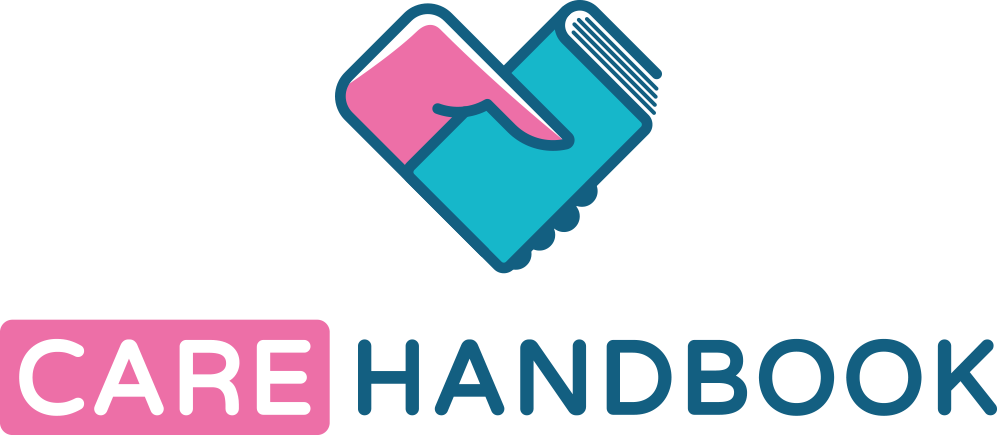Care Certificate vs Statutory & Mandatory Training: Essential Guide for Health & Social Care Professionals
Introduction
The Care Certificate, introduced in 2015 post‑Cavendish Review, establishes foundational standards for unregulated health and social care staff, such as care assistants and support workers. In contrast, statutory and mandatory training ensures legal compliance and addresses organisational safety needs. Understanding their differences helps organisations plan effective training strategies.
What Is the Care Certificate? A Foundation for Excellence
What the Care Certificate Includes
The Care Certificate is built around 15 standards that set the foundation for safe, effective, and person-centred care in health and social care settings.
Understand Your Role – Knowing your responsibilities, boundaries, and how to follow codes of practice in care.
Your Personal Development – Reflecting on your skills, setting goals, and planning continuous professional growth.
Duty of Care – Recognising your legal and ethical duty to protect individuals and knowing how to handle conflicts or concerns.
Equality and Diversity – Promoting fairness, respect, and inclusive practice in all aspects of care.
Work in a Person-Centred Way – Placing individuals at the heart of decision-making and respecting their choices and preferences.
Communication – Building strong communication skills to ensure clear, accurate, and compassionate interactions.
Privacy and Dignity – Protecting personal dignity and ensuring individuals feel valued and respected.
Fluids and Nutrition – Supporting healthy hydration and nutrition tailored to individual needs.
Awareness of Mental Health, Dementia, and Learning Disabilities – Understanding conditions and adapting care to meet specific needs.
Safeguarding Adults – Recognising signs of abuse and taking action to protect vulnerable adults.
Safeguarding Children – Understanding child protection responsibilities and ensuring children are kept safe from harm.
Basic Life Support – Knowing how to respond effectively to medical emergencies, including CPR.
Health and Safety – Maintaining a safe working environment by identifying and reducing risks.
Handling Information – Managing records and personal data securely in line with confidentiality and data protection laws.
Infection Prevention and Control – Applying safe practices to reduce infection risks and protect both staff and individuals.
It was introduced to standardise induction for unregulated health and social care staff—skills essential for safe and compassionate care. Although not legally required, it is endorsed by Skills for Care, Skills for Health, and Health Education England and regarded as best practice.
Completion requirements:
Must be completed within the first 12 weeks of employment.
Includes theoretical learning, practical assessments, and workplace observation.
What Are Statutory and Mandatory Training?
Statutory Training
Legally enforced training dictated by statutory bodies, such as:
Health & Safety (Health and Safety at Work Act 1974)
Fire Safety (Regulatory Reform (Fire Safety) Order 2005)
Manual Handling (Manual Handling Operations Regulations 1992)
Infection Prevention & Control (Health and Social Care Act 2008)
First Aid (Health and Safety (First Aid) Regulations 1981)
Equality & Diversity (Equality Act 2010)
Data Protection (GDPR and Data Protection Act 2018)
This training ensures organisations meet legislative responsibilities and comply with regulatory bodies such as the HSE, CQC, and Ofsted.
Mandatory Training
Training required by an organisation based on internal risk assessments. Common examples include:
Safeguarding
Infection Control
Data Protection
Conflict Resolution
Display Screen Equipment (DSE)
Food Hygiene
Although not always prescribed by law, mandatory training is vital for mitigating organisational risks and meeting regulatory expectations such as those set by the CQC.
Comparing Care Certificate, Statutory Training, and Mandatory Training
Although not always prescribed by law, mandatory training is vital for mitigating organisational risks and meeting regulatory expectations such as those set by the CQC.
| Training Type | Purpose & Scope | Who Needs It | Timing and Renewal |
|---|---|---|---|
| Care Certificate | Foundational standards for unregulated care roles; not statutory | New care assistants, support workers | Complete within first 12 weeks; no refresh |
| Statutory Training | Legal requirements under UK law | All staff as required by legislation | Regular refresher per regulation |
| Mandatory Training | Organisation‑specific needs based on risk assessment | All staff, tailored by role/organisation | Regular refresher via training needs analysis |
Key distinction: Statutory training is always mandatory. Mandatory training may—or may not—be statutory.
Addressing Common Misconceptions
Does the Care Certificate need refreshing?
No. Once completed, no refresh is required.Can mandatory training replace the Care Certificate?
No. Mandatory training may overlap but does not fulfil the 15 Care Certificate standards.Is statutory training universal?
Yes, by law, certain statutory training is required across organisations.
Why Completing All Training Matters
Failing to provide or complete statutory and mandatory training can result in:
Unsafe workplace environment and increased incidents
Reduced quality of care and staff dissatisfaction
Regulatory sanctions and risk to professional registrations
Lower staff engagement and mental health issues
Conclusion
The Care Certificate lays a solid foundation for new, unregulated care staff but is not mandatory by law.
Statutory training and mandatory training are vital to meeting legal obligations and organisational safety needs.
Comprehensive training strategies that include all three elements ensure a compliant, safe, and high-quality care environment.
Care Certificate: Frequently Asked Questions
No. It isn’t a legal requirement, but it’s widely regarded as best practice and is expected by many employers, commissioners, and regulators.
New, unregistered care staff (e.g., care workers, healthcare assistants, support workers) starting in health or social care roles.
Typically within the first 12 weeks of employment, though completion time depends on workplace learning and assessment.
The Care Certificate covers 15 foundational standards for new care staff. Statutory/mandatory training covers legal and organisational requirements (e.g., health & safety, safeguarding) and must be refreshed regularly.
No. Once achieved, it doesn’t expire. However, related mandatory topics (e.g., Basic Life Support, Infection Control) usually require periodic refreshers.
No. E-learning can support knowledge, but workplace observation and assessment are essential for sign-off.
A competent workplace assessor/manager who observes practice and confirms evidence for each of the 15 standards.
Yes, evidence is portable. New employers may still check competence in their own setting and fill any gaps.
Yes. Prior learning/experience (RPL) can be used as evidence where it clearly meets the standards, subject to assessor verification.
They may be unable to work unsupervised in some roles, and employers risk non-compliance with good-practice expectations.
If you’d like to see how The Care Handbook can support your organisation with Care Certificate tracking, statutory and mandatory training, and digital compliance, arrange a free demo today. Our team will guide you through the platform and show how it can simplify induction, streamline reporting, and strengthen workforce development across your service.


